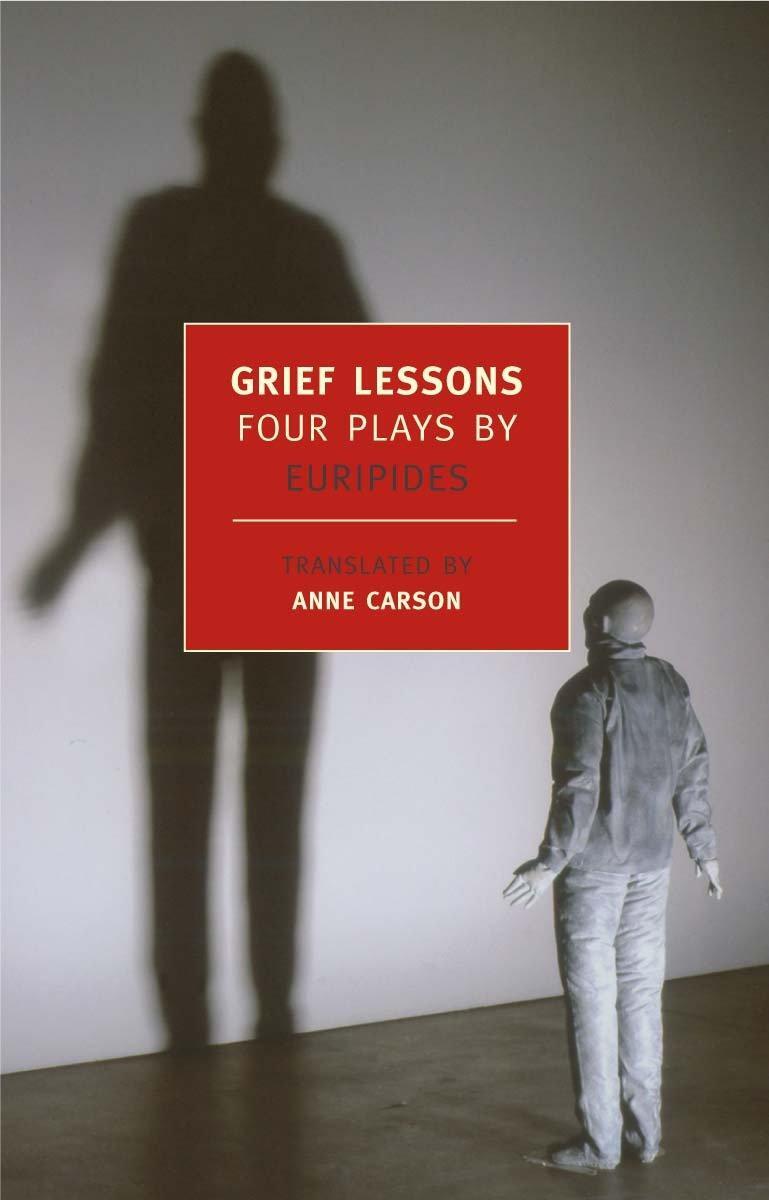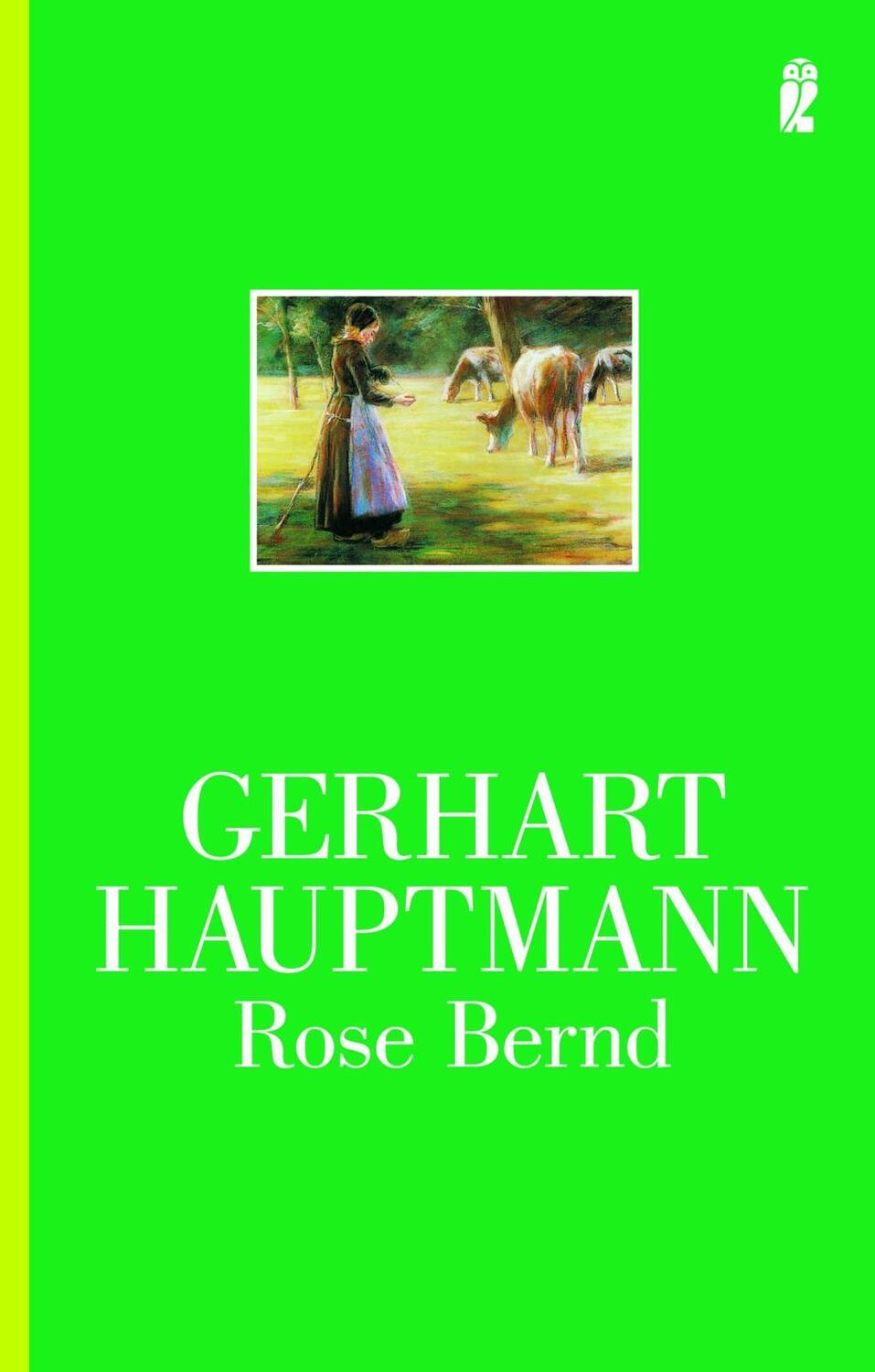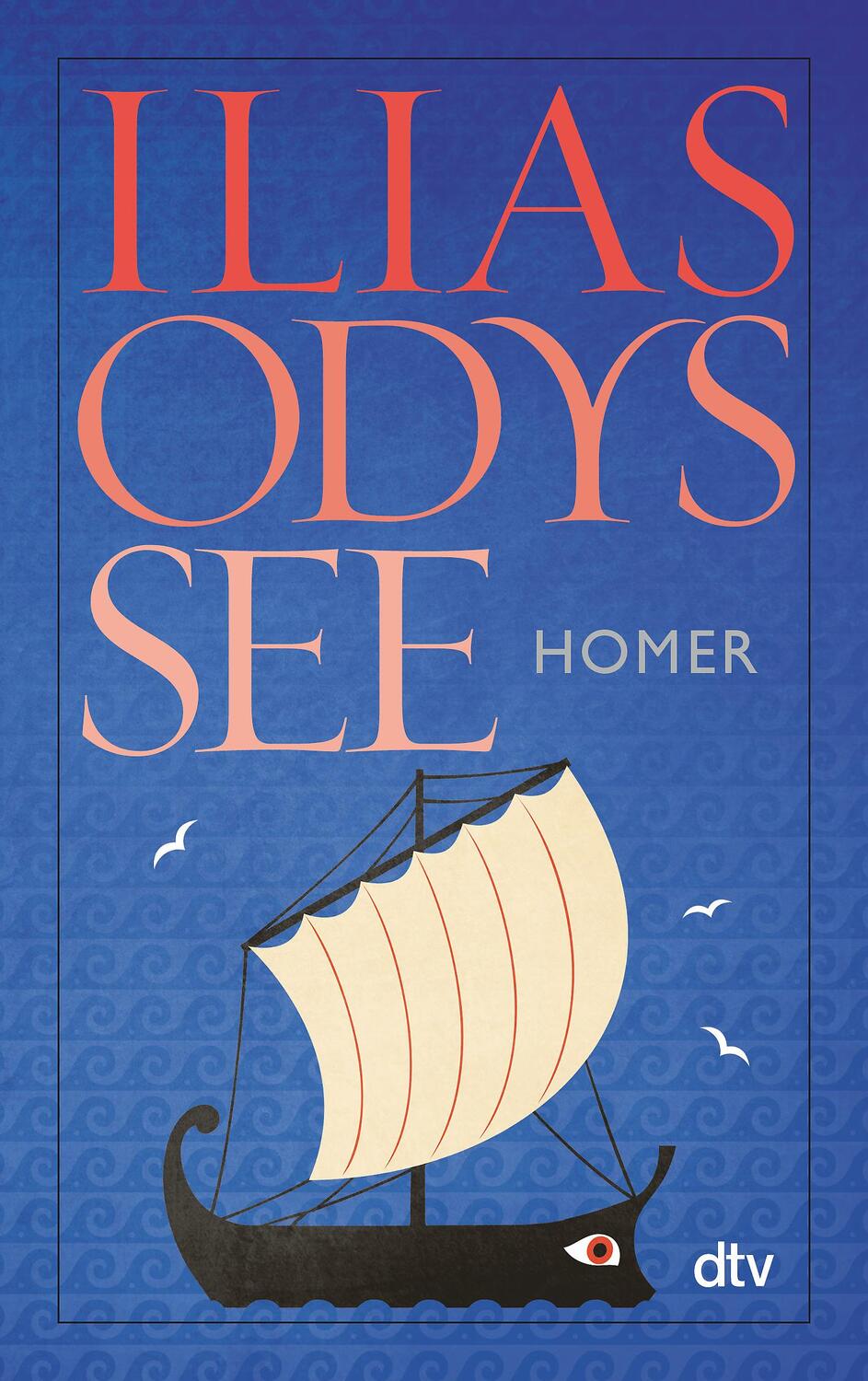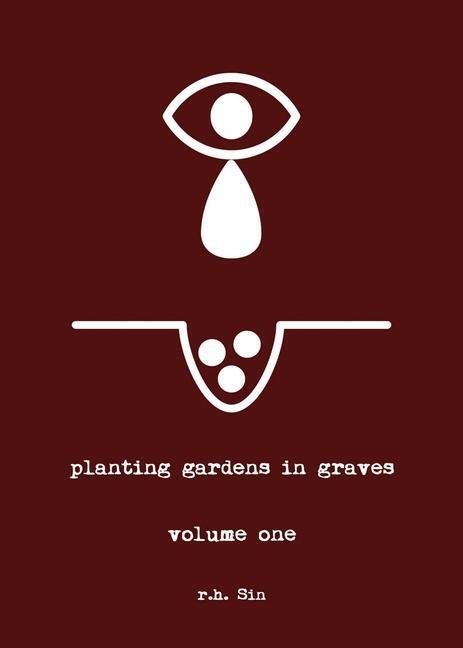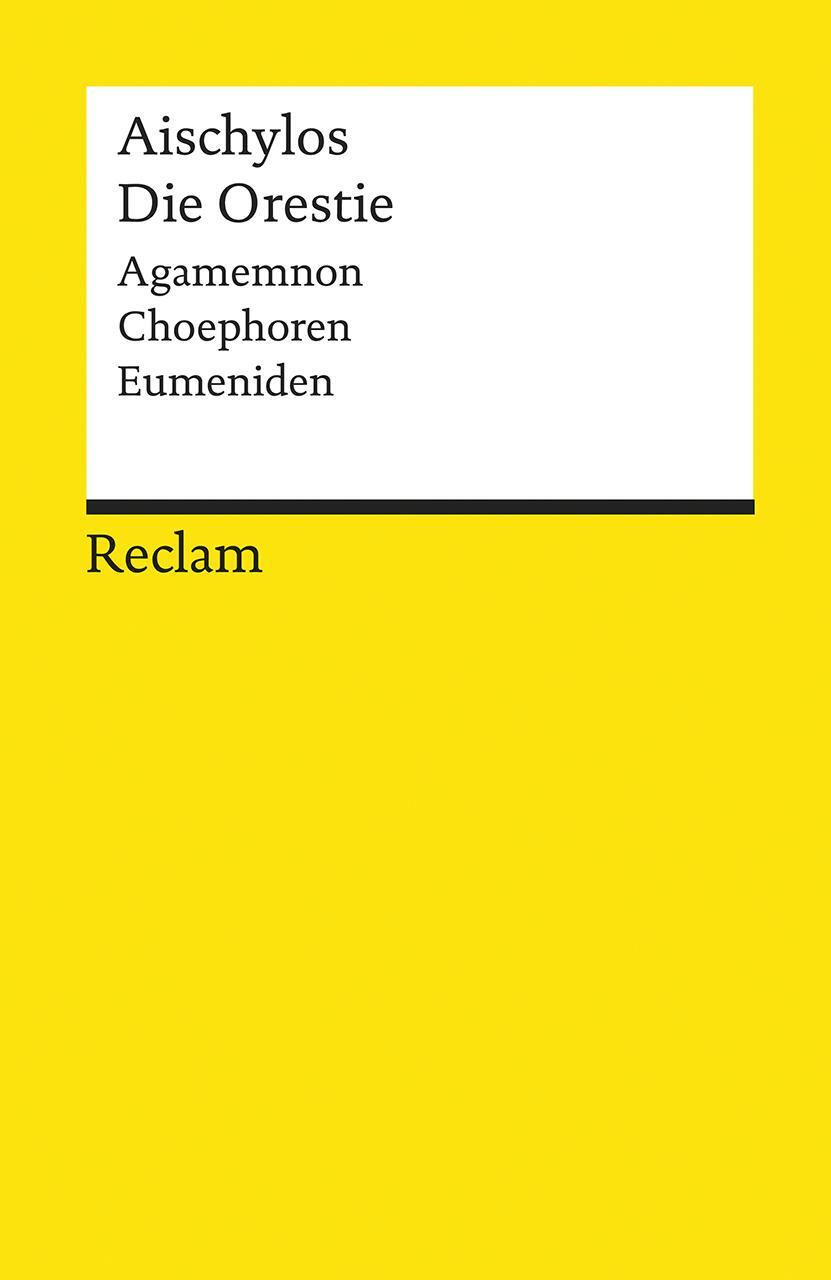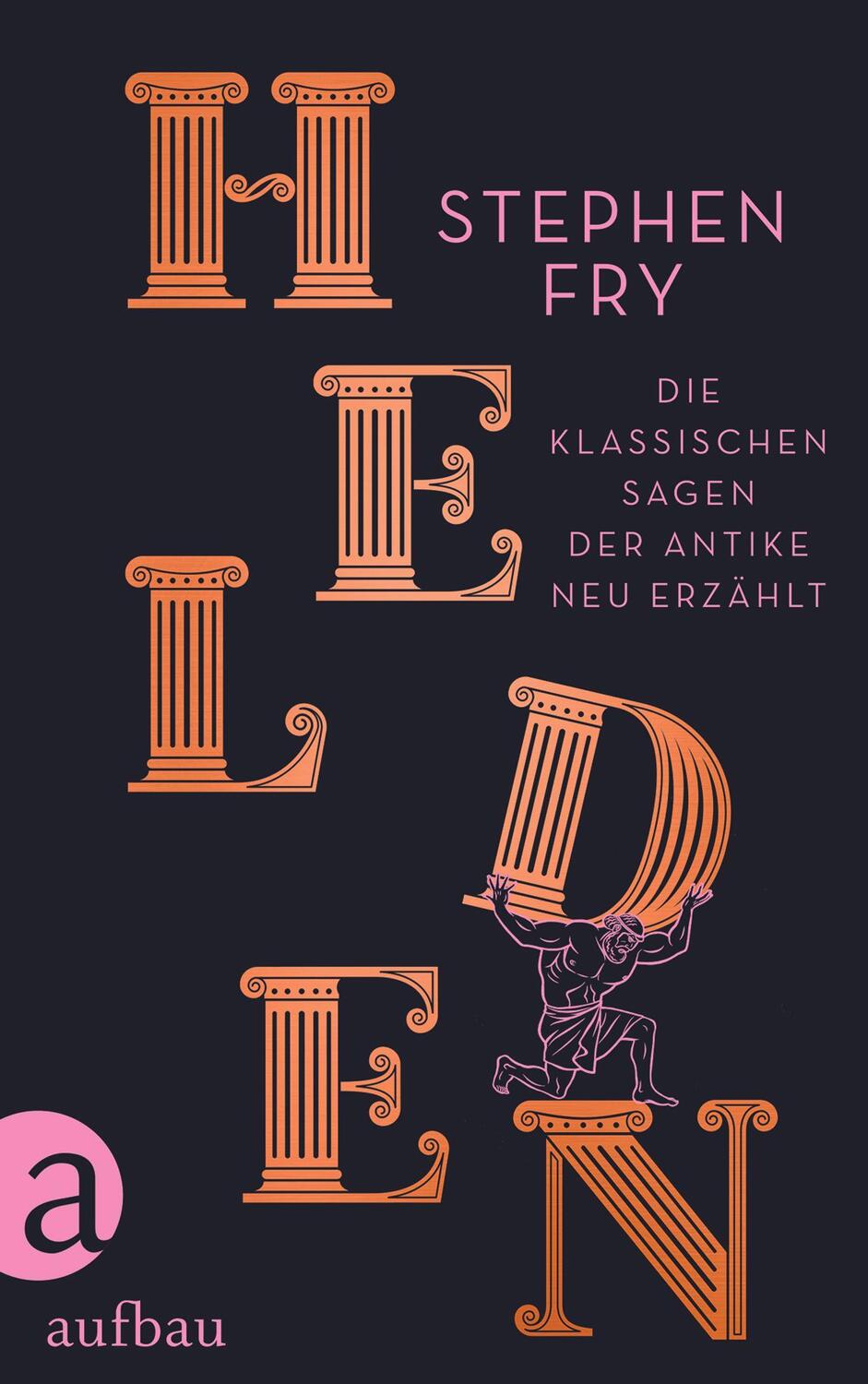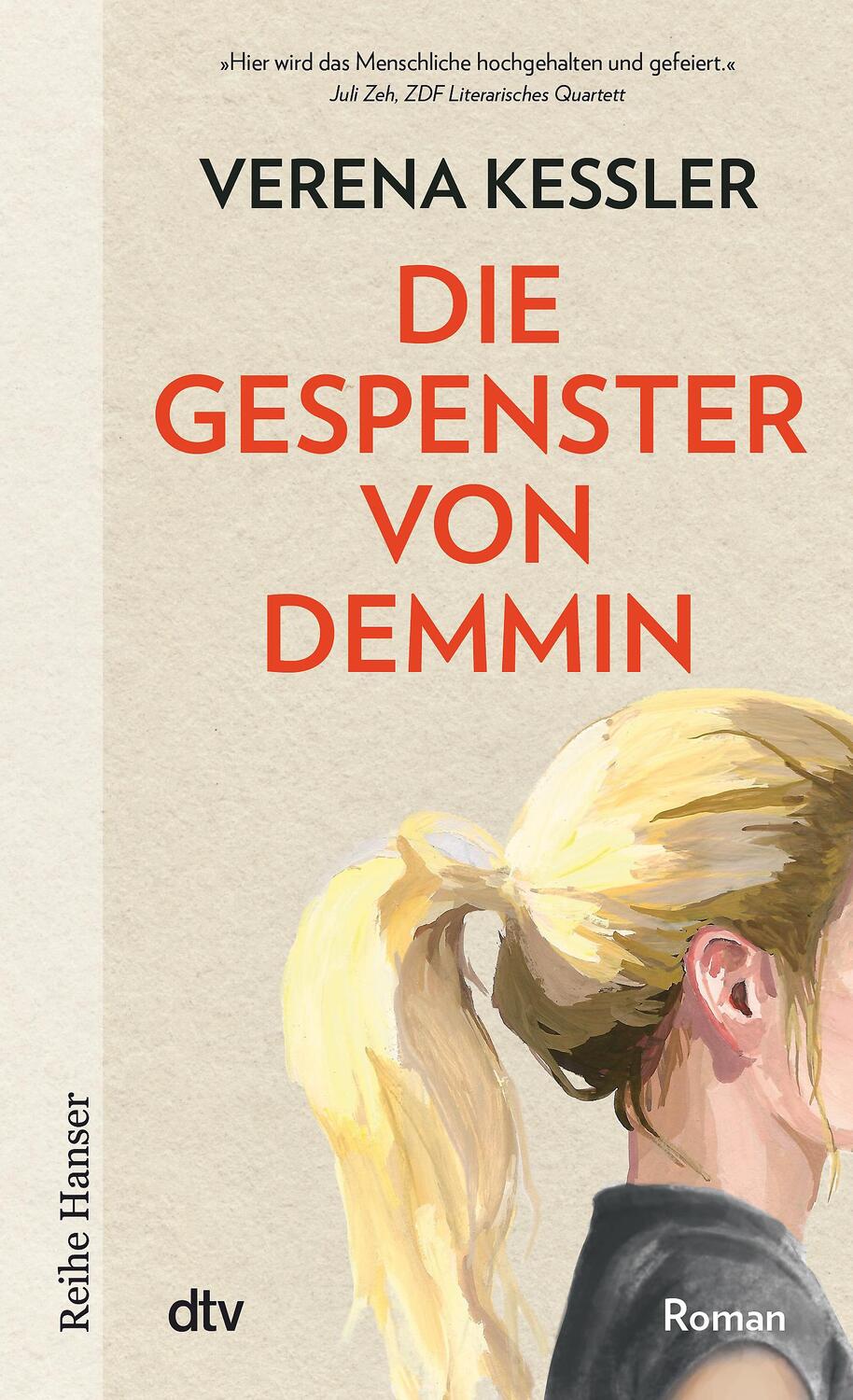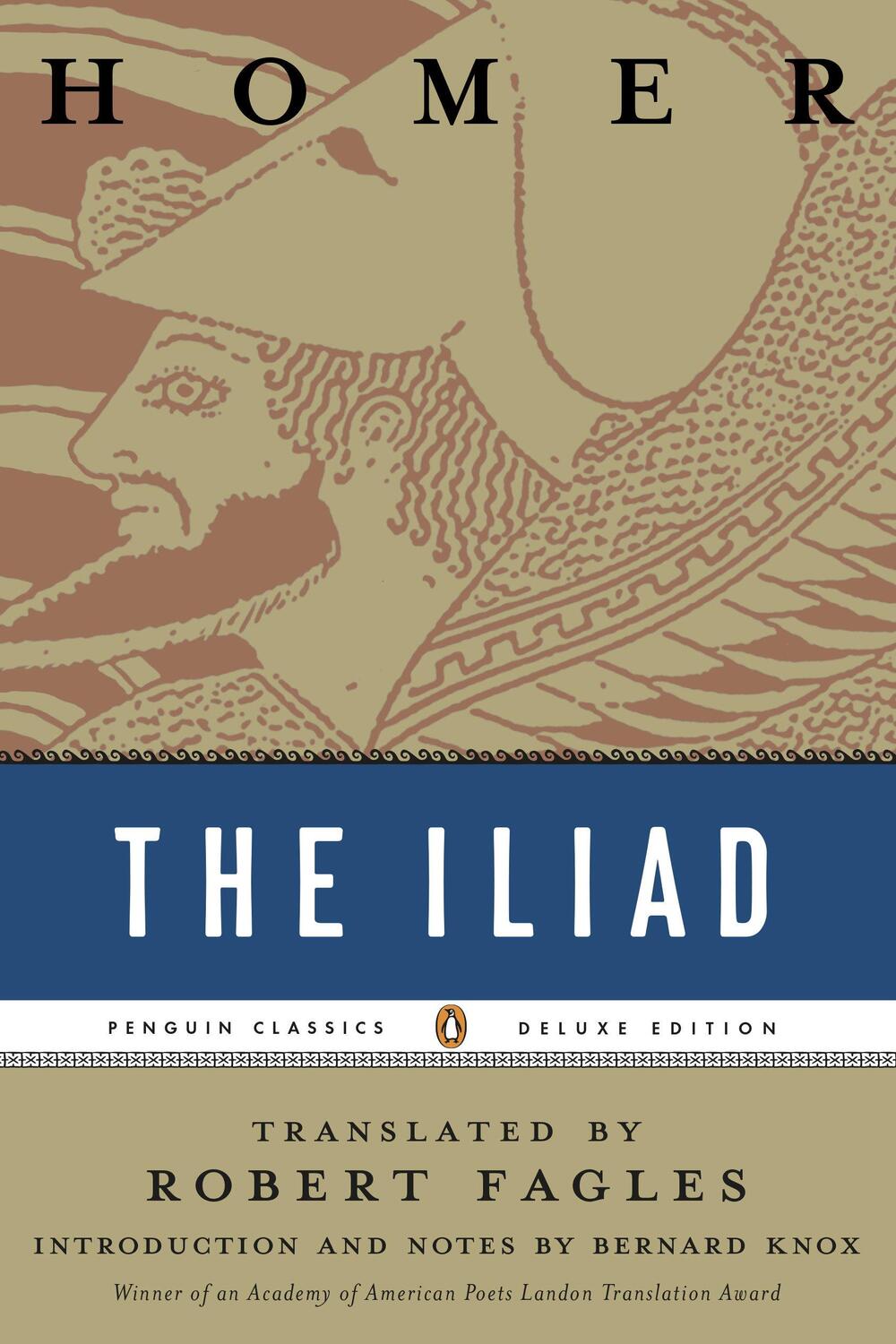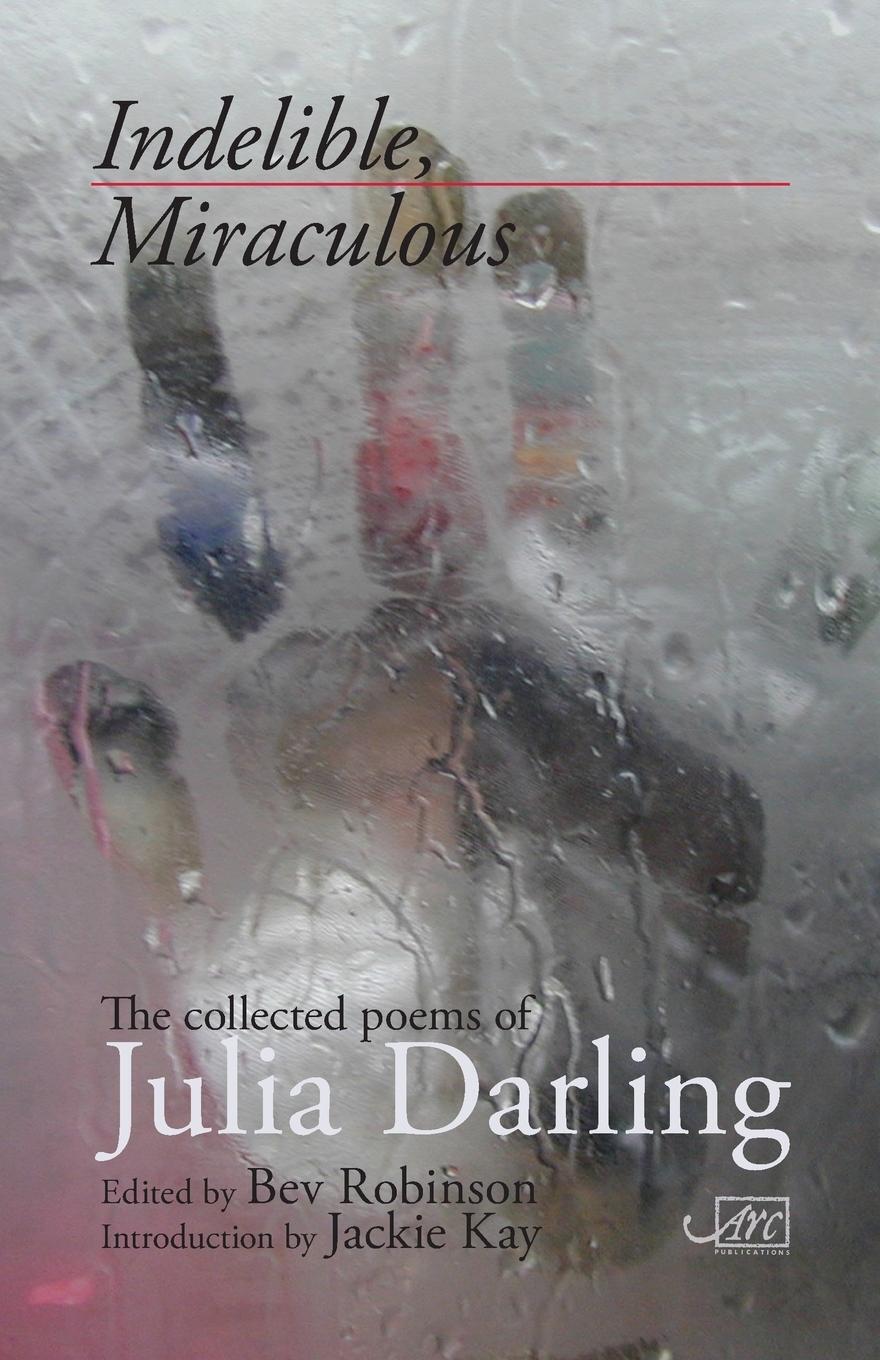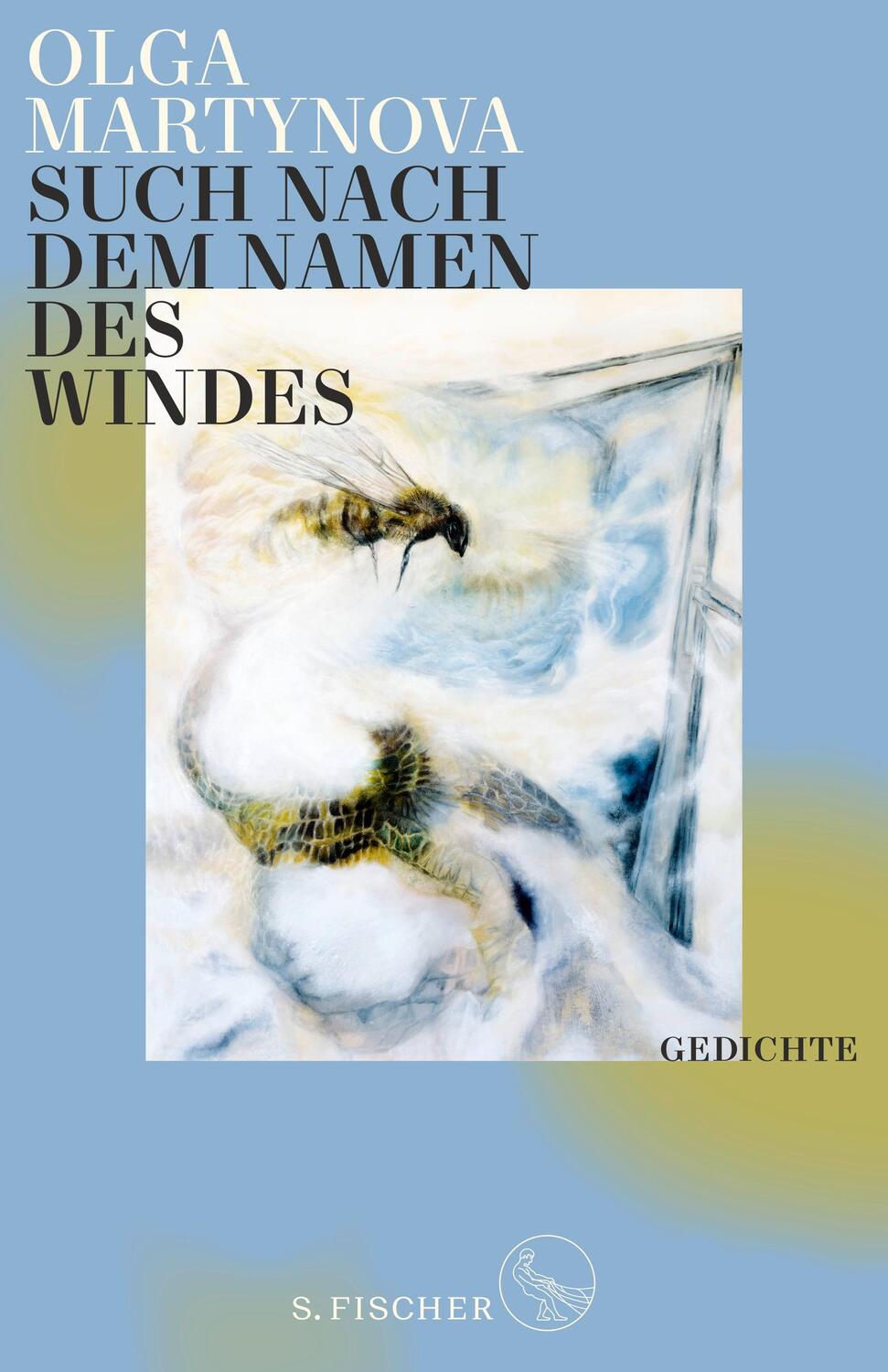Dekorationsartikel gehören nicht zum Leistungsumfang.
Sprache:
Englisch
22,10 €*
Versandkostenfrei per Post / DHL
Lieferzeit 1-2 Wochen
Kategorien:
Beschreibung
Now in paperback.
Euripides, the last of the three great tragedians of ancient Athens, reached the height of his renown during the disastrous Peloponnesian War, when democratic Athens was brought down by its own outsized ambitions. "Euripides,” the classicist Bernard Knox has written, "was born never to live in peace with himself and to prevent the rest of mankind from doing so.” His plays were shockers: he unmasked heroes, revealing them as foolish and savage, and he wrote about the powerless-women and children, slaves and barbarians-for whom tragedy was not so much exceptional as unending. Euripides' plays rarely won first prize in the great democratic competitions of ancient Athens, but their combustible mixture of realism and extremism fascinated audiences throughout the Greek world. In the last days of the Peloponnesian War, Athenian prisoners held captive in far-off Sicily were said to have won their freedom by reciting snatches of Euripides' latest tragedies.
Four of those tragedies are presented here in new translations by the contemporary poet and classicist Anne Carson. They are Herakles, in which the hero swaggers home to destroy his own family; Hekabe, set after the Trojan War, in which Hektor's widow takes vengeance on her Greek captors; Hippolytos, about love and the horror of love; and the strange tragic-comedy fable Alkestis, which tells of a husband who arranges for his wife to die in his place. The volume also contains brief introductions by Carson to each of the plays along with two remarkable framing essays: "Tragedy: A Curious Art Form” and "Why I Wrote Two Plays About Phaidra.”
Euripides, the last of the three great tragedians of ancient Athens, reached the height of his renown during the disastrous Peloponnesian War, when democratic Athens was brought down by its own outsized ambitions. "Euripides,” the classicist Bernard Knox has written, "was born never to live in peace with himself and to prevent the rest of mankind from doing so.” His plays were shockers: he unmasked heroes, revealing them as foolish and savage, and he wrote about the powerless-women and children, slaves and barbarians-for whom tragedy was not so much exceptional as unending. Euripides' plays rarely won first prize in the great democratic competitions of ancient Athens, but their combustible mixture of realism and extremism fascinated audiences throughout the Greek world. In the last days of the Peloponnesian War, Athenian prisoners held captive in far-off Sicily were said to have won their freedom by reciting snatches of Euripides' latest tragedies.
Four of those tragedies are presented here in new translations by the contemporary poet and classicist Anne Carson. They are Herakles, in which the hero swaggers home to destroy his own family; Hekabe, set after the Trojan War, in which Hektor's widow takes vengeance on her Greek captors; Hippolytos, about love and the horror of love; and the strange tragic-comedy fable Alkestis, which tells of a husband who arranges for his wife to die in his place. The volume also contains brief introductions by Carson to each of the plays along with two remarkable framing essays: "Tragedy: A Curious Art Form” and "Why I Wrote Two Plays About Phaidra.”
Now in paperback.
Euripides, the last of the three great tragedians of ancient Athens, reached the height of his renown during the disastrous Peloponnesian War, when democratic Athens was brought down by its own outsized ambitions. "Euripides,” the classicist Bernard Knox has written, "was born never to live in peace with himself and to prevent the rest of mankind from doing so.” His plays were shockers: he unmasked heroes, revealing them as foolish and savage, and he wrote about the powerless-women and children, slaves and barbarians-for whom tragedy was not so much exceptional as unending. Euripides' plays rarely won first prize in the great democratic competitions of ancient Athens, but their combustible mixture of realism and extremism fascinated audiences throughout the Greek world. In the last days of the Peloponnesian War, Athenian prisoners held captive in far-off Sicily were said to have won their freedom by reciting snatches of Euripides' latest tragedies.
Four of those tragedies are presented here in new translations by the contemporary poet and classicist Anne Carson. They are Herakles, in which the hero swaggers home to destroy his own family; Hekabe, set after the Trojan War, in which Hektor's widow takes vengeance on her Greek captors; Hippolytos, about love and the horror of love; and the strange tragic-comedy fable Alkestis, which tells of a husband who arranges for his wife to die in his place. The volume also contains brief introductions by Carson to each of the plays along with two remarkable framing essays: "Tragedy: A Curious Art Form” and "Why I Wrote Two Plays About Phaidra.”
Euripides, the last of the three great tragedians of ancient Athens, reached the height of his renown during the disastrous Peloponnesian War, when democratic Athens was brought down by its own outsized ambitions. "Euripides,” the classicist Bernard Knox has written, "was born never to live in peace with himself and to prevent the rest of mankind from doing so.” His plays were shockers: he unmasked heroes, revealing them as foolish and savage, and he wrote about the powerless-women and children, slaves and barbarians-for whom tragedy was not so much exceptional as unending. Euripides' plays rarely won first prize in the great democratic competitions of ancient Athens, but their combustible mixture of realism and extremism fascinated audiences throughout the Greek world. In the last days of the Peloponnesian War, Athenian prisoners held captive in far-off Sicily were said to have won their freedom by reciting snatches of Euripides' latest tragedies.
Four of those tragedies are presented here in new translations by the contemporary poet and classicist Anne Carson. They are Herakles, in which the hero swaggers home to destroy his own family; Hekabe, set after the Trojan War, in which Hektor's widow takes vengeance on her Greek captors; Hippolytos, about love and the horror of love; and the strange tragic-comedy fable Alkestis, which tells of a husband who arranges for his wife to die in his place. The volume also contains brief introductions by Carson to each of the plays along with two remarkable framing essays: "Tragedy: A Curious Art Form” and "Why I Wrote Two Plays About Phaidra.”
Über den Autor
Euripides (c. 485—406 BCE) wrote ninety-two plays, of which eighteen survive–more than twice as many as survive from any other Greek tragedian. They include Medea, Andromache, Cyclops, Electra, The Trojan Women, Helen, The Phoenician Women, Orestes, and The Bacchae.
Anne Carson was twice a finalist for the National Book Critics Circle Award; was honored with the 1996 Lannan Award and the 1997 Pushcart Prize, both for poetry; and was named a MacArthur Fellow in 2000. In 2001 she received the T. S. Eliot Prize for Poetry (the first woman to do so), the Griffin Poetry Prize, and the Los Angeles Times Book Prize. She currently teaches at the University of Michigan.
Anne Carson was twice a finalist for the National Book Critics Circle Award; was honored with the 1996 Lannan Award and the 1997 Pushcart Prize, both for poetry; and was named a MacArthur Fellow in 2000. In 2001 she received the T. S. Eliot Prize for Poetry (the first woman to do so), the Griffin Poetry Prize, and the Los Angeles Times Book Prize. She currently teaches at the University of Michigan.
Details
| Erscheinungsjahr: | 2008 |
|---|---|
| Genre: | Lyrik & Dramatik |
| Rubrik: | Belletristik |
| Medium: | Taschenbuch |
| Seiten: | 312 |
| Reihe: | New York Review Books (Paperba |
| Inhalt: | Einband - flex.(Paperback) |
| ISBN-13: | 9781590172537 |
| ISBN-10: | 1590172531 |
| Sprache: | Englisch |
| Einband: | Kartoniert / Broschiert |
| Autor: | Euripides |
| Solist: | Carson, Anne |
| Übersetzung: | Carson, Anne |
| Besonderheit: | Unsere Aufsteiger |
| Hersteller: |
New York Review of Books
New York Review Books (Paperba |
| Maße: | 203 x 136 x 20 mm |
| Von/Mit: | Euripides |
| Erscheinungsdatum: | 16.09.2008 |
| Gewicht: | 0,347 kg |
Über den Autor
Euripides (c. 485—406 BCE) wrote ninety-two plays, of which eighteen survive–more than twice as many as survive from any other Greek tragedian. They include Medea, Andromache, Cyclops, Electra, The Trojan Women, Helen, The Phoenician Women, Orestes, and The Bacchae.
Anne Carson was twice a finalist for the National Book Critics Circle Award; was honored with the 1996 Lannan Award and the 1997 Pushcart Prize, both for poetry; and was named a MacArthur Fellow in 2000. In 2001 she received the T. S. Eliot Prize for Poetry (the first woman to do so), the Griffin Poetry Prize, and the Los Angeles Times Book Prize. She currently teaches at the University of Michigan.
Anne Carson was twice a finalist for the National Book Critics Circle Award; was honored with the 1996 Lannan Award and the 1997 Pushcart Prize, both for poetry; and was named a MacArthur Fellow in 2000. In 2001 she received the T. S. Eliot Prize for Poetry (the first woman to do so), the Griffin Poetry Prize, and the Los Angeles Times Book Prize. She currently teaches at the University of Michigan.
Details
| Erscheinungsjahr: | 2008 |
|---|---|
| Genre: | Lyrik & Dramatik |
| Rubrik: | Belletristik |
| Medium: | Taschenbuch |
| Seiten: | 312 |
| Reihe: | New York Review Books (Paperba |
| Inhalt: | Einband - flex.(Paperback) |
| ISBN-13: | 9781590172537 |
| ISBN-10: | 1590172531 |
| Sprache: | Englisch |
| Einband: | Kartoniert / Broschiert |
| Autor: | Euripides |
| Solist: | Carson, Anne |
| Übersetzung: | Carson, Anne |
| Besonderheit: | Unsere Aufsteiger |
| Hersteller: |
New York Review of Books
New York Review Books (Paperba |
| Maße: | 203 x 136 x 20 mm |
| Von/Mit: | Euripides |
| Erscheinungsdatum: | 16.09.2008 |
| Gewicht: | 0,347 kg |
Warnhinweis

